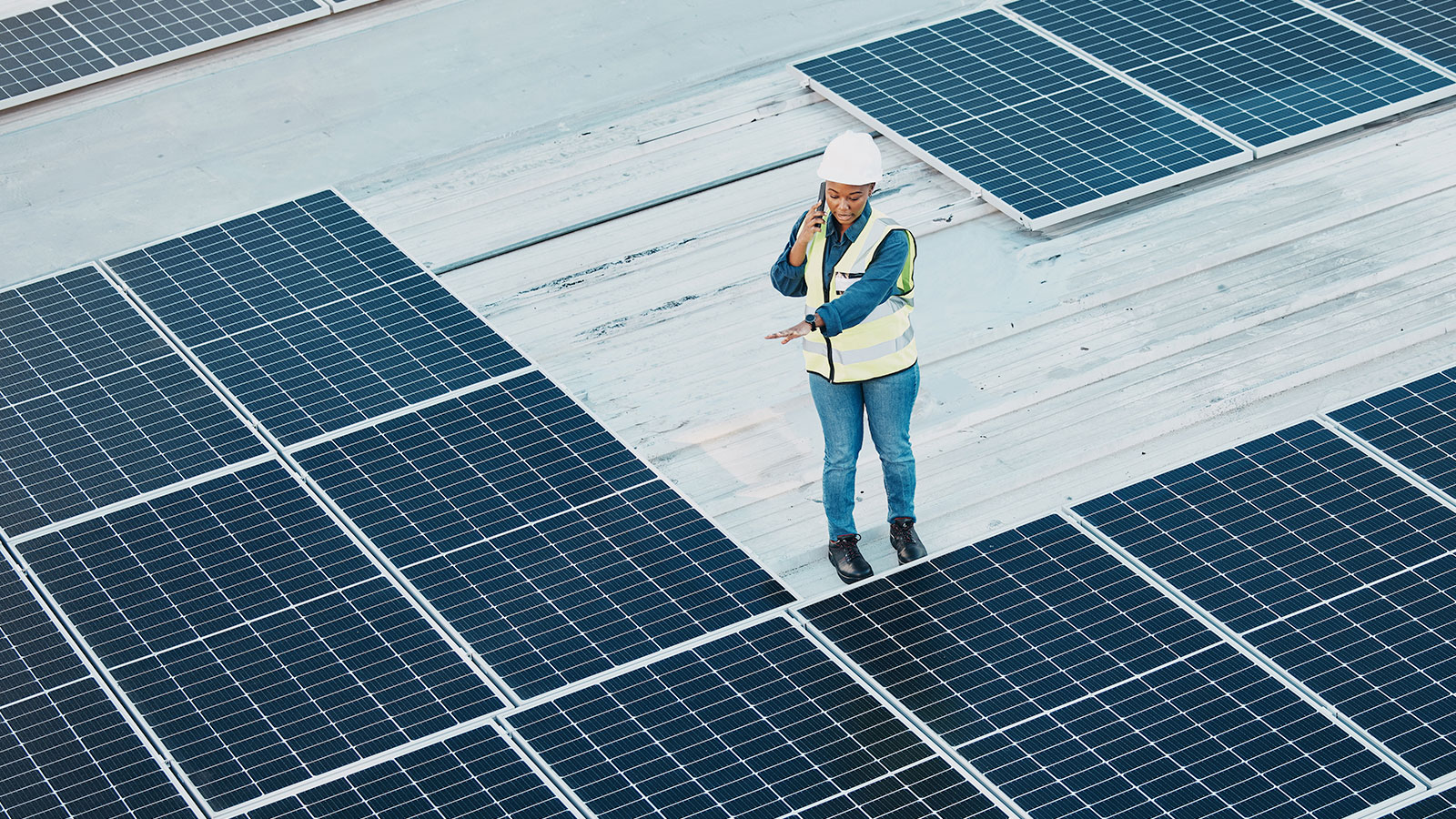Despite record growth in renewable energy in 2023, the pace is still insufficient to meet the ambitious COP28 objective of tripling renewable power capacity by 2030, according to The International Renewable Energy Agency (IRENA).
To achieve the goal of tripling renewable power capacity by 2030, IRENA believes that there needs to be an ‘urgent global course correction’, with both structural challenges and a significant investment deficit both needing to be addressed.
The International Renewable Energy Agency’s (IRENA) report, “Tracking COP28 outcomes: Tripling renewable power capacity by 2030,” establishes that while 2023 saw an unprecedented addition of 473GW to global renewables, surpassing previous years, hurdles in systemic and structural frameworks hinder the necessary acceleration.
According to the report achieving the 2030 targets demands a radical uptick in efforts. This includes bolstering infrastructure, reforming policies, expanding the workforce’s skills, and significantly increasing funding alongside international collaboration. It specifies that annual renewable capacity installations need to more than double 2023’s record, reaching nearly 1,100GW by the end of the decade, with financial commitments soaring from last year’s $570 billion to an average of $1550 billion yearly from 2024 to 2030.
Francesco La Camera, IRENA’s Director-General, stressed the gap between current efforts and the COP28 ambition, “In the wake of the historic UAE Consensus on tripling renewables at COP28, these capacity additions—despite setting a new record—clearly indicate that achieving the target is far from guaranteed. As the custodian agency, IRENA monitors related progress across key indicators every year. Our data confirms that progress continues to fall short, and the energy transition remains off track. We urgently need a systemic shift away from fossil fuels to course-correct and keep the tripling goal within reach.”
The report further outlines the daunting challenge ahead. To meet the 2030 ambition, an additional 7.2TW of renewable energy must be operational, pushing the total to 11TW. However, with current trajectories, the targets appear increasingly unreachable, necessitating immediate and robust policy and financial interventions, particularly within the G20 nations, which are crucial to achieving over 80% of the required global increase.
Disparities in investment, particularly in developing countries, exacerbate the challenge. Although 2023 saw record energy transition investments, surpassing $2 trillion, only a fraction reached the most vulnerable regions. Specifically, 120 developing nations attracted merely 15% of worldwide renewable investments, with Sub-Saharan Africa, a region acutely affected by energy poverty, receiving under 1.5%.
In stark contrast, fossil fuel subsidies continued unabated, with $1.3 trillion allocated in 2022, a figure mirroring the annual investment needed for renewables to meet the COP28 targets. Despite pledges to diminish reliance on fossil fuels, G20 countries increased their financial support to the sector, contributing to the misalignment with net zero commitments.

